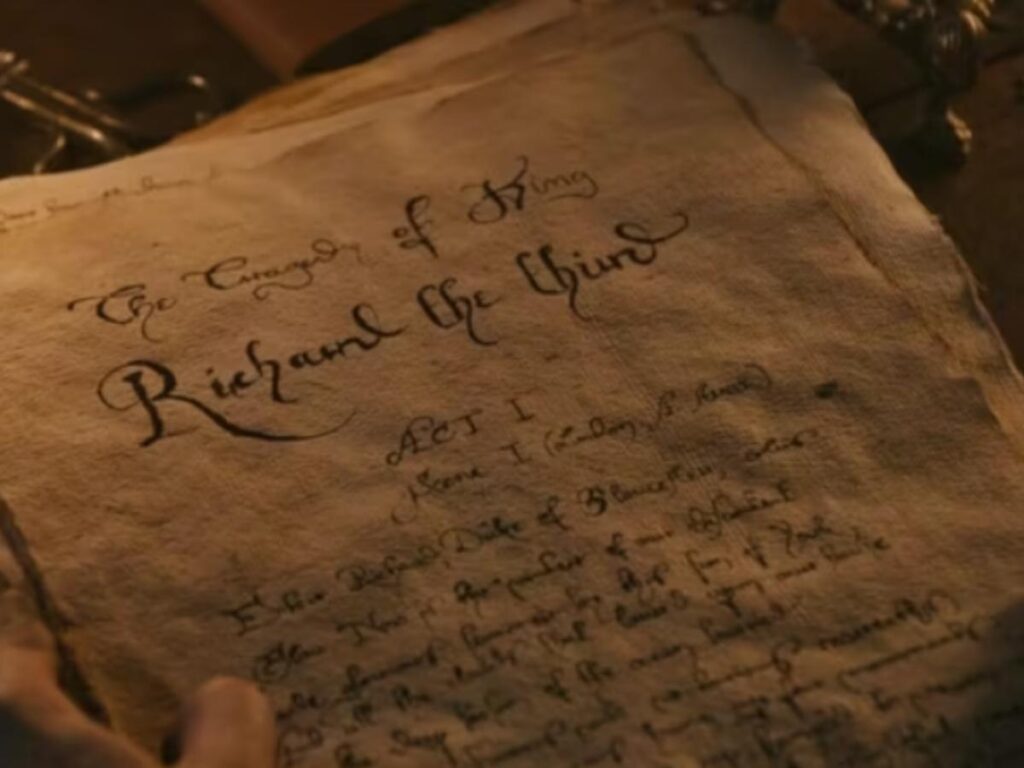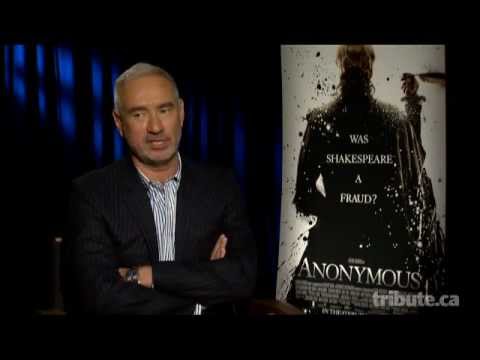Romance and drama are inadvertently linked to the literary legend Shakespeare even in the 21st century. While many of Shakespeare’s controversies have been widely discussed, studied and presented on screens before, there’s always more about the writer and his works to base films on.
However, in a move that left scholars and Shakespeare fans confused, Roland Emmerich took a bold leap into literary territory back in 2011 with his film ‘Anonymous‘. Emmerich is known for his action-packed blockbusters with giant lizards and alien invasions, as well as his focus on emphasis on CGI and moral absolutes. But with the Shakespeare biopic, he has taken a different path as he delved into the historical and literary world of William Shakespeare.
Related: Jeremy Allen White Likely To Play Superstar Bruce Springsteen In Upcoming Biopic
Roland Emmerich Took A Daring Leap By Discrediting Shakespeare’s Genius In ‘Anonymous’

Though it is essentially based on Shakespearean work, ‘Anonymous‘ is not your typical homage to the English legend. It is in fact a scorched-earth critique that challenges the very foundation of the Bard’s legacy.
Emmerich has always been a brave filmmaker who never shied away from bringing his wildest ideas to life. Continuing his characteristic bravado in the film as well, Emmerich suggested that the man credited with crafting some of the most important works in the English language might not be who we think he is. His film put Shakespeare’s character under heavy scrutiny and therefore came out as controversial.
Offering a revisionist take on history, the film suggested that the Earl of Oxford, Edward De Vere, was the true genius behind the Shakespearean genius. Emmerich suggested that Shakespeare was a mere puppet who took credit for De Vere’s work. Though merely a change in perspective, the narrative sent shockwaves through the literary world.
Although Emmerich’s audacious approach to storytelling was nothing new, his strong and unprecedented criticism of Shakespeare’s historical image left both historians and academics baffled. May critics immediately dismissed Emmerich’s theory as sensationalist and historically dubious, as they also pointed out the lack of concrete evidence to support Emmerich’s claims.
Boasting a stellar cast including some of top-tier British talent including Rhys Ifans, Vanessa Redgrave, and David Thewlis, the film promises an entertaining watch though it has a controversial and potentially illegitimate approach towards the narrative of a widely renowned name. And such courage is never met with kindness.
In case you missed it: First Look: Timothée Chalamet Transforms Himself Into Bob Dylan For Music Legend’s Upcoming Biopic
‘Anonymous’ Faced Heavy Backlash But Roland Emmerich Held His Ground

The backlash to the film was immediate, and almost global. Experts, students, and people who historically associate themselves with Shakespeare spoke up against the daring film. Columbia professor James Shapiro called the film “a sickening display of ignorance posing as scholarship”. He also said that if at all the Emmerich’s claims have any base, they stem back to the Victorian times because of an idea that reinforced the stereotype that only the nobility could make great art, not commoners.
Local residents of Shakespeare’s home area in Warwickshire and Stratford-upon-Avon put up protests against the movie. Angry Shakespeare fanboys and English professors rolled up their sleeves to join the beatdown. The production group Sony also sent out educational material about the film to teachers.
As the backlash continued, Emmerich remained defiant and took the high ground, unapologetically promoting what he deemed a more credible explanation for Shakespeare’s authorship. In an interview with The Guardian, he said, “They think I did a disservice to school teachers worldwide. And I’m saying, ‘When did it happen that we started teaching dogma?’”
Emmerich’s insistence on questioning Shakespeare’s legacy sparked a heated debate about the nature of creativity, social mobility, and the role of historical accuracy in filmmaking. While some applauded his willingness to challenge conventional norm about the legend, others deemed his actions disrespectful towards England’s cultural heritage.
Emmerich’s ‘Anonymous‘ might not be able to rewrite history, but it succeeded in reigniting interest in the age-old debate over Shakespeare’s true identity. Roland Emmerich’s interpretation of history has effectively made people think about their belief in Shakespeare’s literary genius.
You might also like to read:






